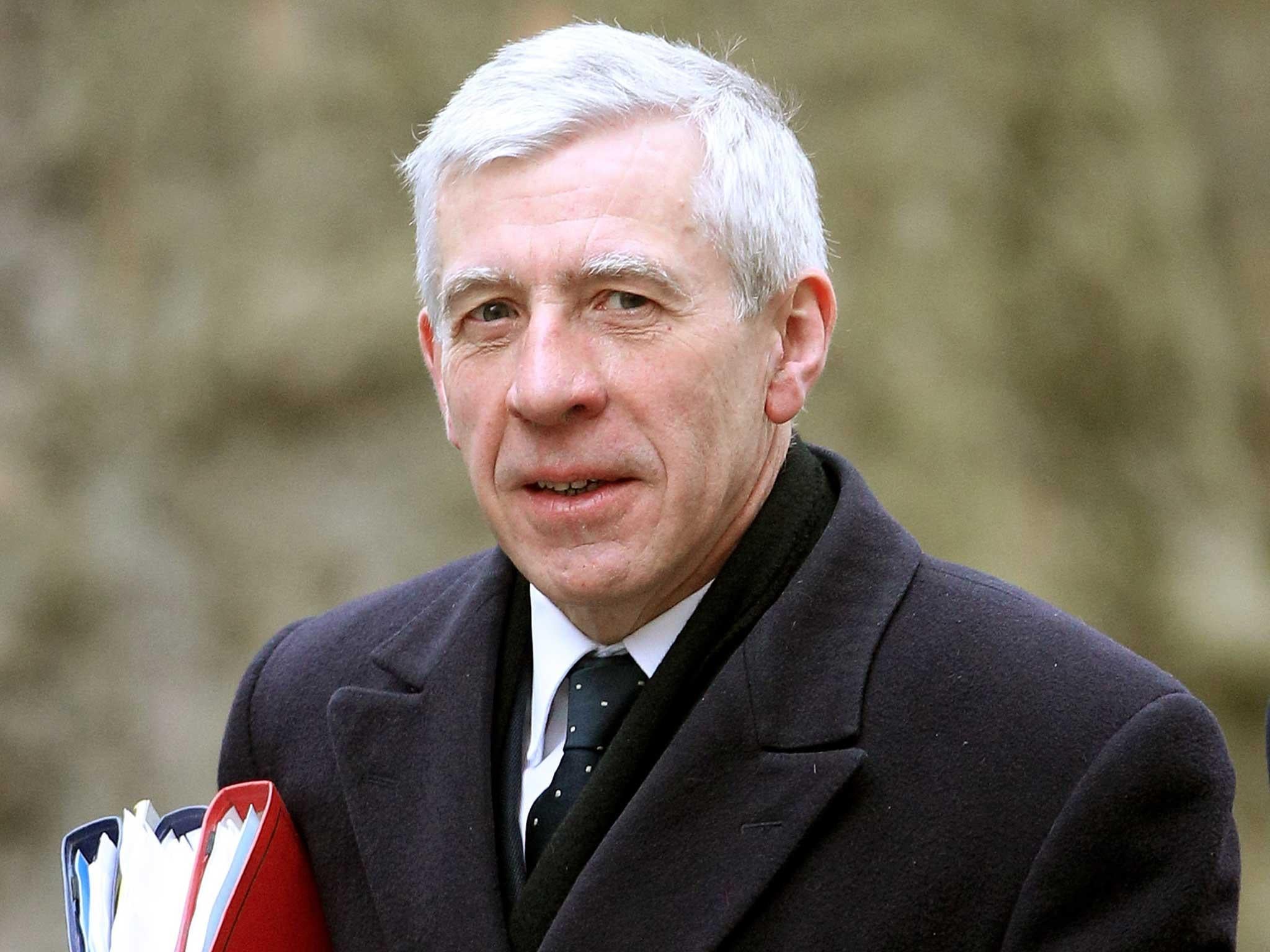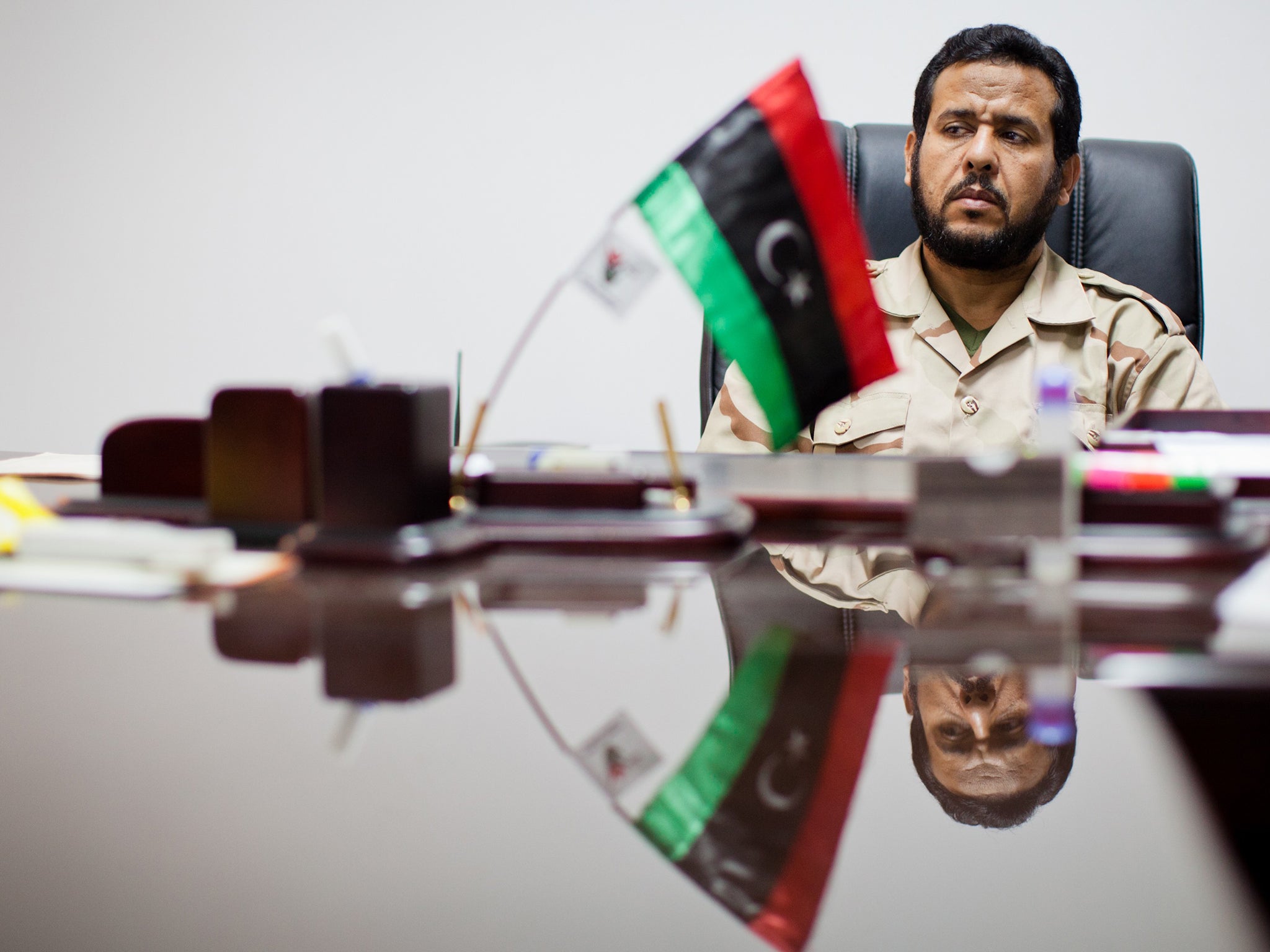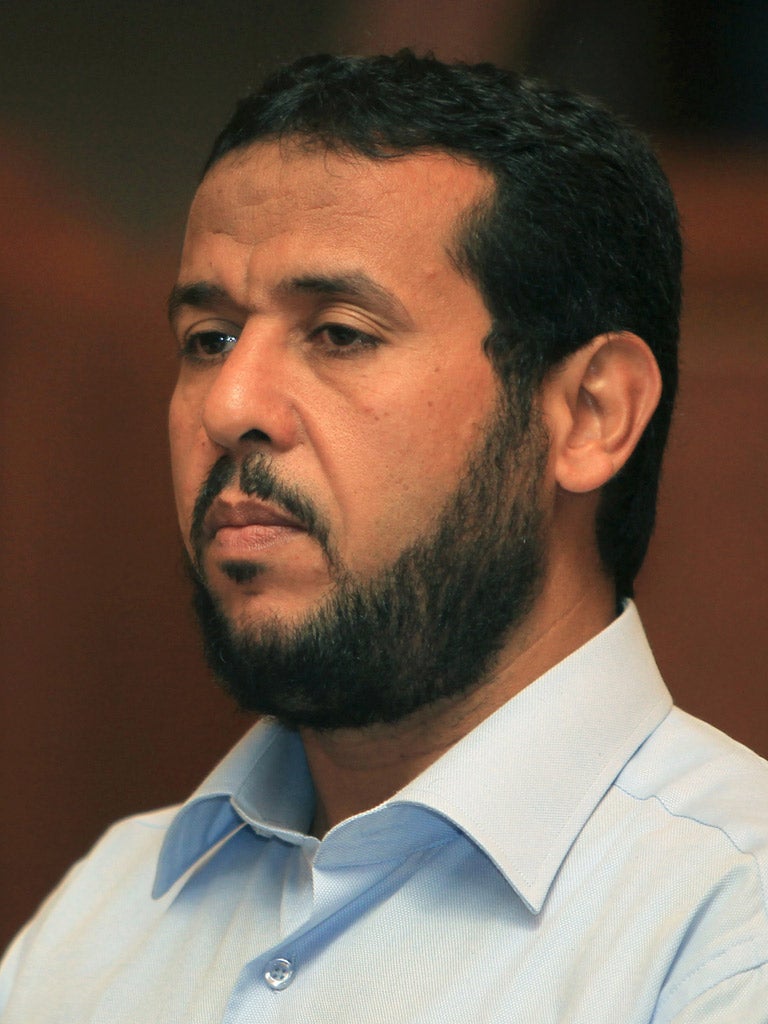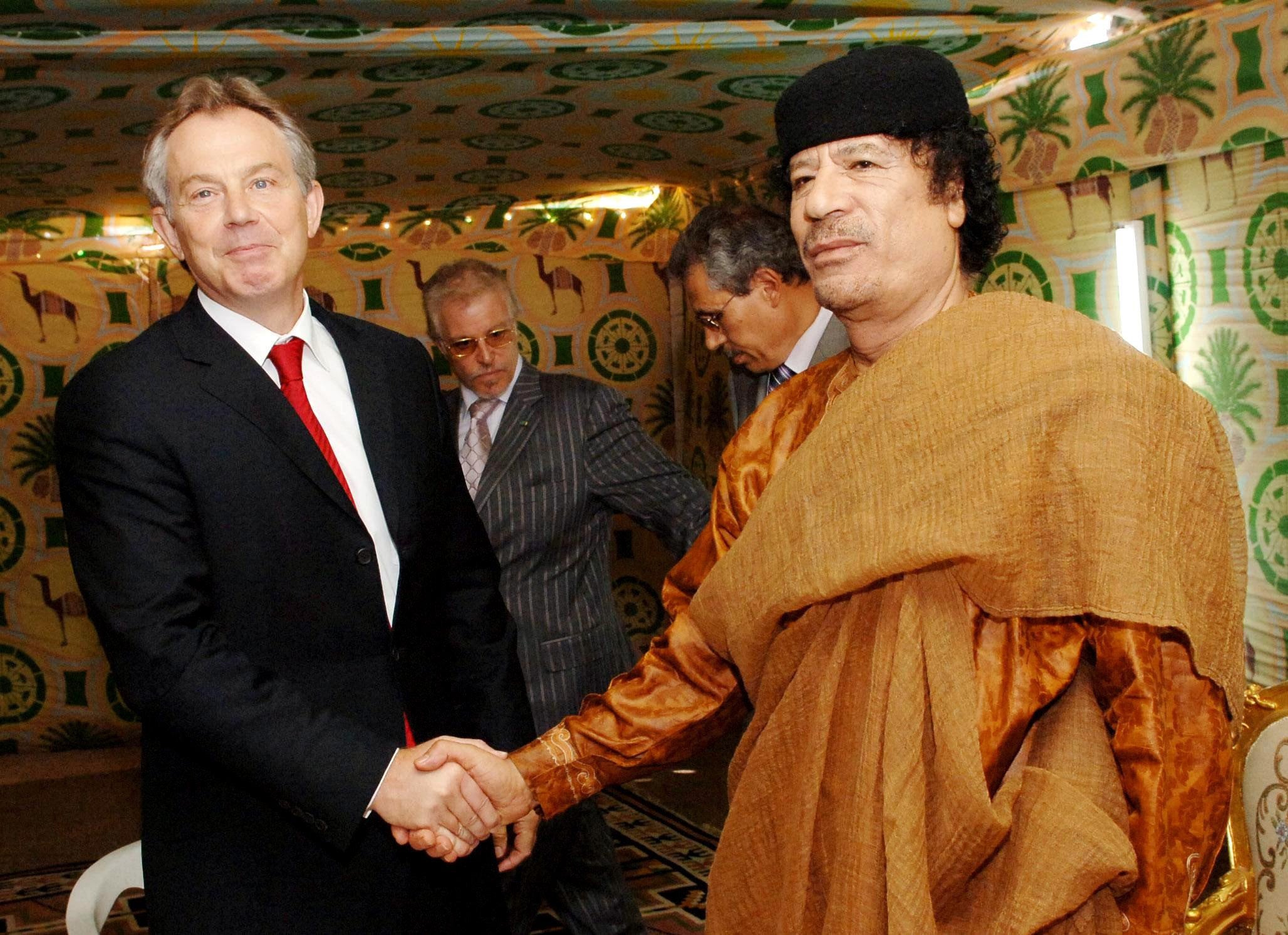Libyan rebel leader wins right to sue Jack Straw over 'torture' after joint MI6-CIA operation
Mr Straw denies involvement in the case and any other instances of 'extreme rendition'

Your support helps us to tell the story
From reproductive rights to climate change to Big Tech, The Independent is on the ground when the story is developing. Whether it's investigating the financials of Elon Musk's pro-Trump PAC or producing our latest documentary, 'The A Word', which shines a light on the American women fighting for reproductive rights, we know how important it is to parse out the facts from the messaging.
At such a critical moment in US history, we need reporters on the ground. Your donation allows us to keep sending journalists to speak to both sides of the story.
The Independent is trusted by Americans across the entire political spectrum. And unlike many other quality news outlets, we choose not to lock Americans out of our reporting and analysis with paywalls. We believe quality journalism should be available to everyone, paid for by those who can afford it.
Your support makes all the difference.A former Libyan rebel leader has won the right to sue Jack Straw after winning a Supreme Court case against the British Government.
Abdul-Hakim Belhaj said he and his wife Fatima Boudchar were kidnapped, abused and forcibly transferred to a Libyan prison in 2004 in an operation involving MI6 and the CIA.
All seven judges ruled that a claim should be heard, despite representations from the Government that it would be inappropriate for British courts to rule on a case involving American intelligence agencies.

The High Court originally agreed with the Government's stance and ruled that the claims should be struck out, but the Court of Appeal reversed the High Court ruling in October 2014 after finding that it was in the public interest to investigate “particularly grave violations of international law and human rights”.
Lord Mance said the Supreme Court upheld that decision, adding that “state immunity is no bar to the claims” and the defendants had not “on the assumed facts shown any entitlement to rely on the doctrine of foreign act of state”.
“The appeals are dismissed and the cases may proceed to trial,” he added, paving the way for Mr Belhaj and his wife to sue Mr Straw.
Sapna Malik, who represented the couple, said: "The Supreme Court today has delivered an emphatic judgement upholding the rule of law, particularly in the face of breaches of rights recognised as fundamental by English statute and common law, in which British defendants are alleged to have been complicit."
Human rights organisations including Amnesty International, The International Commission of Jurists, Justice and Redress also hailed the verdict.
“It should have been obvious that claims that the UK authorities were complicit in torture must be heard by UK courts," said Amnesty International’s head of international justice, Solomon Sacco
"The UK Government should never have tried to prevent the courts from hearing these shocking cases. No government should be able to escape judicial scrutiny of its possible role in such heinous acts simply because doing so could implicate another country."
Mr Straw, who was Tony Blair’s Foreign Secretary at the time, stressed Mr Belhaj’s claims were “untested”.
“That can only happen when the trial of the action itself takes place,” he said.
“I repeat what I said in the House of Commons in December 2013, that as Foreign Secretary I acted at all times in a manner which was fully consistent with my legal duties, and with national and international law.
“I was never in any way complicit in the unlawful rendition or detention of anyone by other states.”
Mr Belhaj, who is now a senior member of the Islamist Al-Watan political party, was the leader of the insurgent Libyan Islamic Fighting Group, designated as a terrorist group by the US and UK.
The UN described the group as an “al-Qaeda affiliate”, despite some members rejecting a formal merger, and found it was also linked to the Taliban while imposing sanctions in 2001.
Reprieve, a legal charity working with Mr Belhaj and his wife, said they have offered to drop their claim in return for an apology and a token payment of £1 from each of the defendants – the UK Government and its agencies, Mr Straw and MI6 counter-terrorism head Sir Mark Allen.
The UK Government has not acknowledged any role in the CIA’s rendition programme under President George Bush.

Mr Belhaj, who fled the Gaddafi regime in 1998, claims Mr Jack Straw and senior members of the security services were “co-conspirators” in his illegal detention and torture in 2004.
He and his wife, who was pregnant at the time, were kidnapped in China and transported via Malaysia to Thailand and on to Libya.
Mr Belhaj claimed he was hooded and shackled to the floor of a plane in a stress position before allegedly being transferred to an American “secret prison” in Bangkok
In between his interrogation sessions, he said he was hung by his wrists from hooks in his cell for prolonged periods,
After being transferred to Libya, the rebel leader was detained for six years and tortured by “foreign” agents, including some believed to from the UK.
Mr Belhaj was sentenced to death after a 15-minute trial but was eventually released in 2010, a year before the Libyan revolution.
His wife was imprisoned in Libya for four months and released three weeks before giving birth.

Cori Crider, a lawyer from Reprieve, said the stakes of the case “couldn’t be higher” days before the inauguration of Donald Trump, who said he would “bring back a hell of a lot worse than waterboarding” last year.
“The Government bought years of delay by wasting hundreds of thousands of pounds on this appeal, when a simple apology would have closed the case,” she added.
“Theresa May should apologise to this family, draw a line in the sand against torture, and restore British honour once and for all.“
Reprieve believes the case was partly a consequence of increased cooperation between the UK and Libya after Tony Blair made his “deal in the desert” with Gaddafi in 2004.
Documents surfaced after the despot’s death appearing to show how Britain alerted Libyan security services to Mr Belhaj’s presence in Malaysia in March that year, and a letter from Sir Mark to his Libyan counterpart Moussa Koussa, congratulating him on Mr Belhaj’s “safe arrival”.
“This was the least we could do for you and for Libya to demonstrate the remarkable relationship we have built over the years,” the letter says. “I am so glad.”
The Crown Prosecution Service found there was insufficient evidence to proceed with criminal charges for Sir Mark over the case last year, but concluded he was in contact with the countries that detained him.
A spokesperson for the Foreign Office, which contested a previous ruling in Mr Belhaj’s favour at the Court of Appeal, said it would ”consider the detail and implications“ of the verdict.
“It would be inappropriate for the Government to comment further on this case due to the ongoing legal proceedings,” she added.
Join our commenting forum
Join thought-provoking conversations, follow other Independent readers and see their replies
Comments